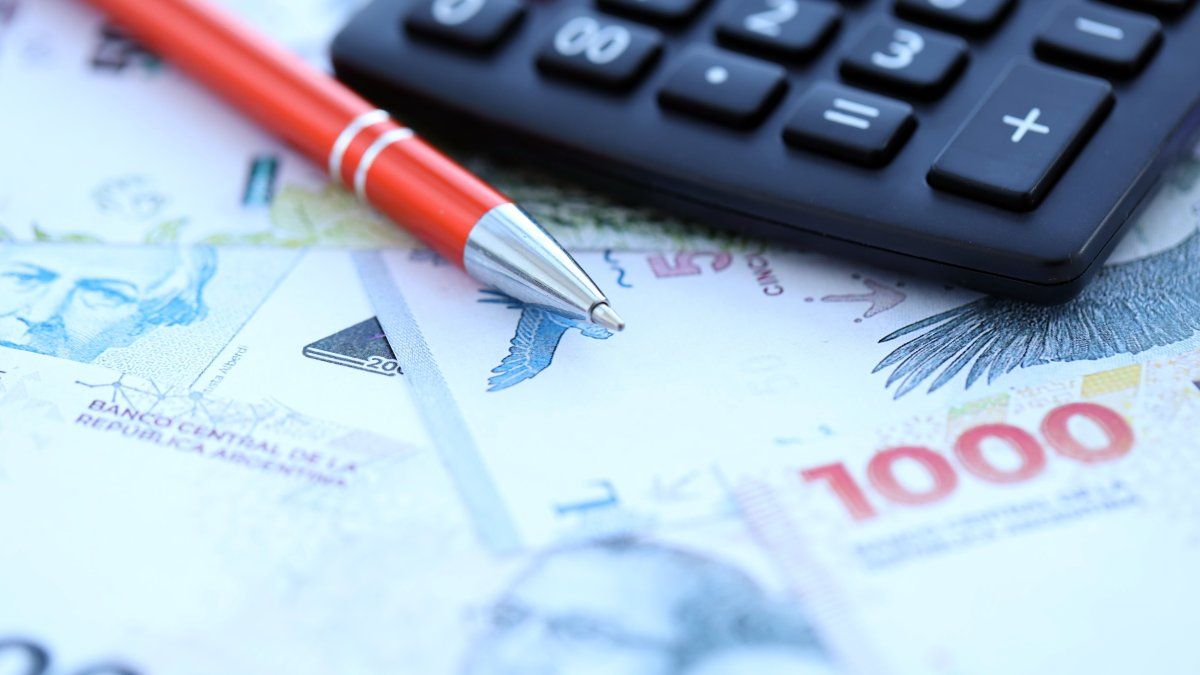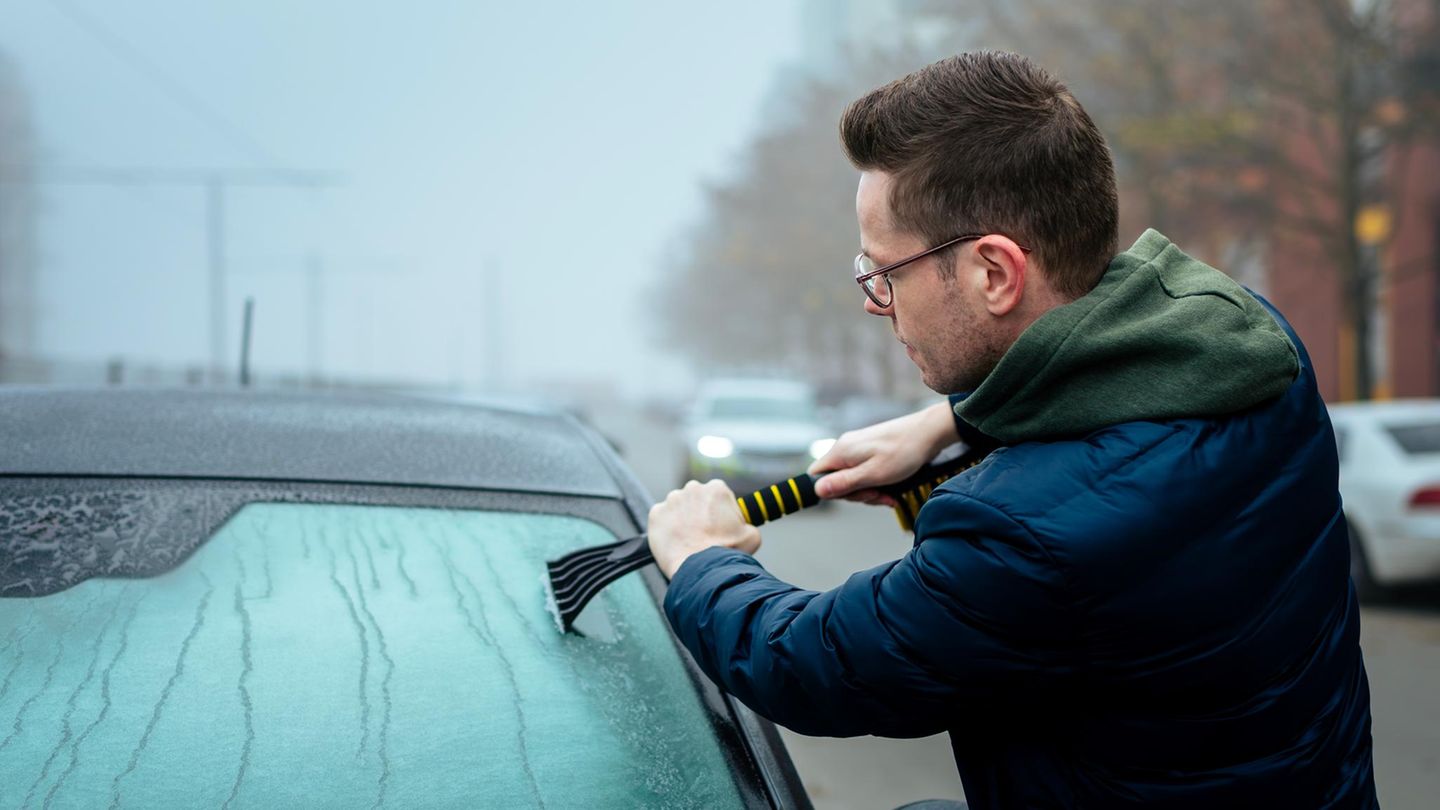Mayra Orellana is the face of “Sei So Frei”, the development policy organization of the Catholic men’s movement, for aid projects in Guatemala. In the OÖN interview, the 60-year-old, who was recently awarded the Romero Prize in Linz, talks about the most pressing problems in her home country and under what conditions aid money should flow.
OÖN: What are the biggest problems in Central America’s most populous country with 17 million inhabitants?
Mayra Orellana: The population is growing extremely fast – we will soon be 19 million. As for the problems, ranking them is difficult. But, I compare the country to a body. When the head is not well, the whole body is not functioning. In Guatemala, the head – that’s the head of the country, the president – is really bad. He’s not interested in poverty, security, nutrition, health.
Up to 60 percent of Guatemalans descend from an indigenous group in the country, but have hardly any political say. Is there any prospect of improvement?
In rural areas, the percentage of indigenous people is much higher, and it’s increasing because the families have so many children. One of the biggest problems is illiteracy. During election times, candidates bring gifts such as sacks of seeds for beans. They promise the moon, ie more safety, improved roads, which are catastrophic in the Guatemalan highlands. And more teachers for elementary schools. It buys votes and then nothing happens.
How can the international community help?
The bilateral treaties between the states do not work. What the EU makes available in terms of development aid does not reach the people. What works well is the cooperation with aid organizations such as “Sei So Frei”, where help reaches the people directly. It would therefore be important for cash flows to be subject to conditions and controls. For example, when the President requests funds for road construction, the construction of hospitals, etc. It must then be carefully checked that the funds are actually used there. I know this is a dream…
“Sei So Frei” supports families in the Joyabaj region with the construction of brick wood-burning stoves. How does this work?
This project started about nine years ago when women dared to approach me to improve the situation. These ovens bring many benefits. On the one hand, because a lot of money can be saved, i.e. up to two thirds less firewood is used. On the other hand, it is also a massive health benefit if you no longer have to cook on the open fireplaces in the huts and these are no longer filled with smoke. In addition, fewer accidents happen. Especially with children, who often stumbled and fell into the fireplace.
How many ovens have already been built?
So far 1500 wood-saving stoves. Currently two villages with 200 families are in the current phase of getting an oven. And four other villages have already applied.
What amount is needed per stove for firewood?
For 18 euros you can provide a family with firewood for a week. A table stove with a smoke outlet currently costs 590 euros.
And how big is a family?
That’s an average of eight people. Sometimes two families live in one house.
- “Be So Free” donation account IBAN: AT30 5400 0000 0069 1733
Source: Nachrichten




